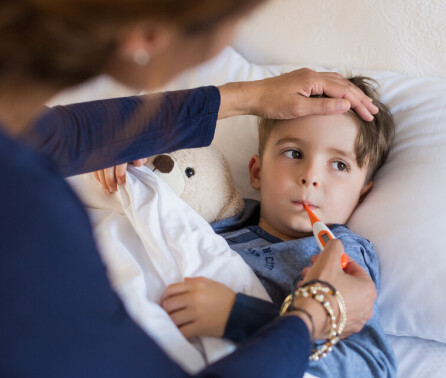Emanuele Panella
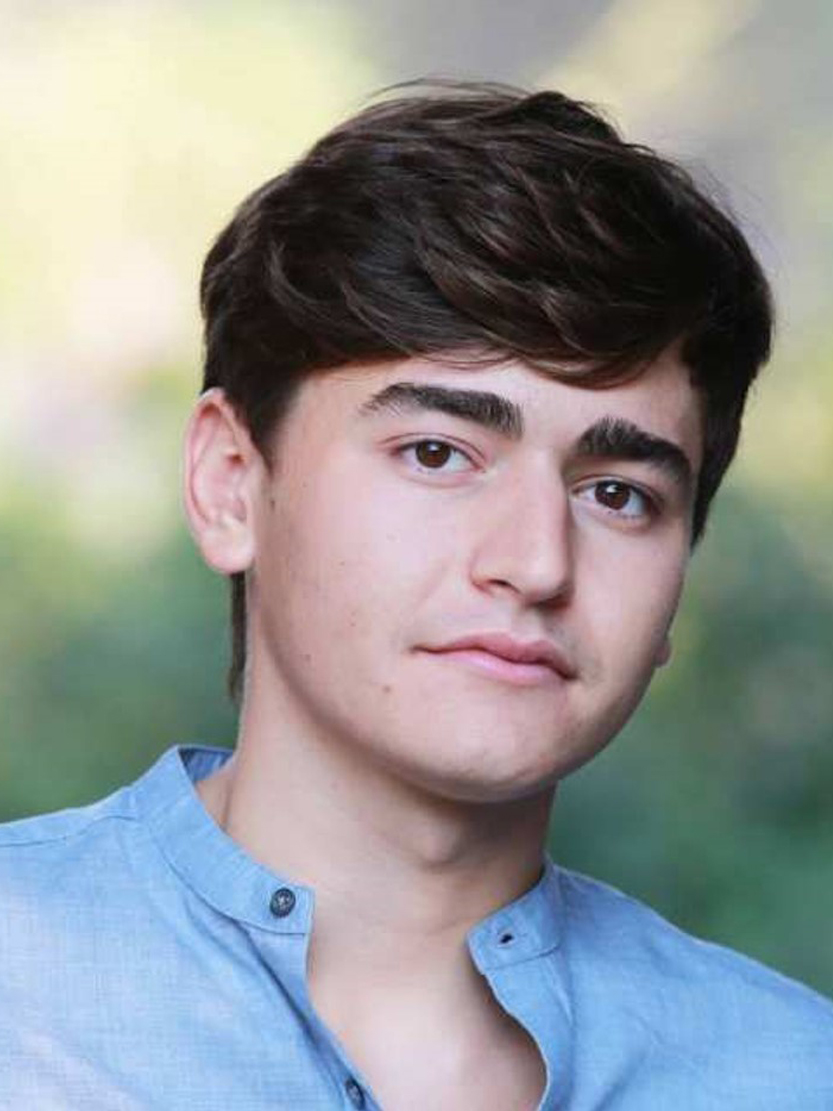 Emanuele worked in the lab as an undergraduate theoretical physics student at Imperial College London. In the lab, Emanuele deployed mathematical approaches to develop novel real-time signal processing techniques.
Emanuele worked in the lab as an undergraduate theoretical physics student at Imperial College London. In the lab, Emanuele deployed mathematical approaches to develop novel real-time signal processing techniques.
Lok (Lukas) Fan
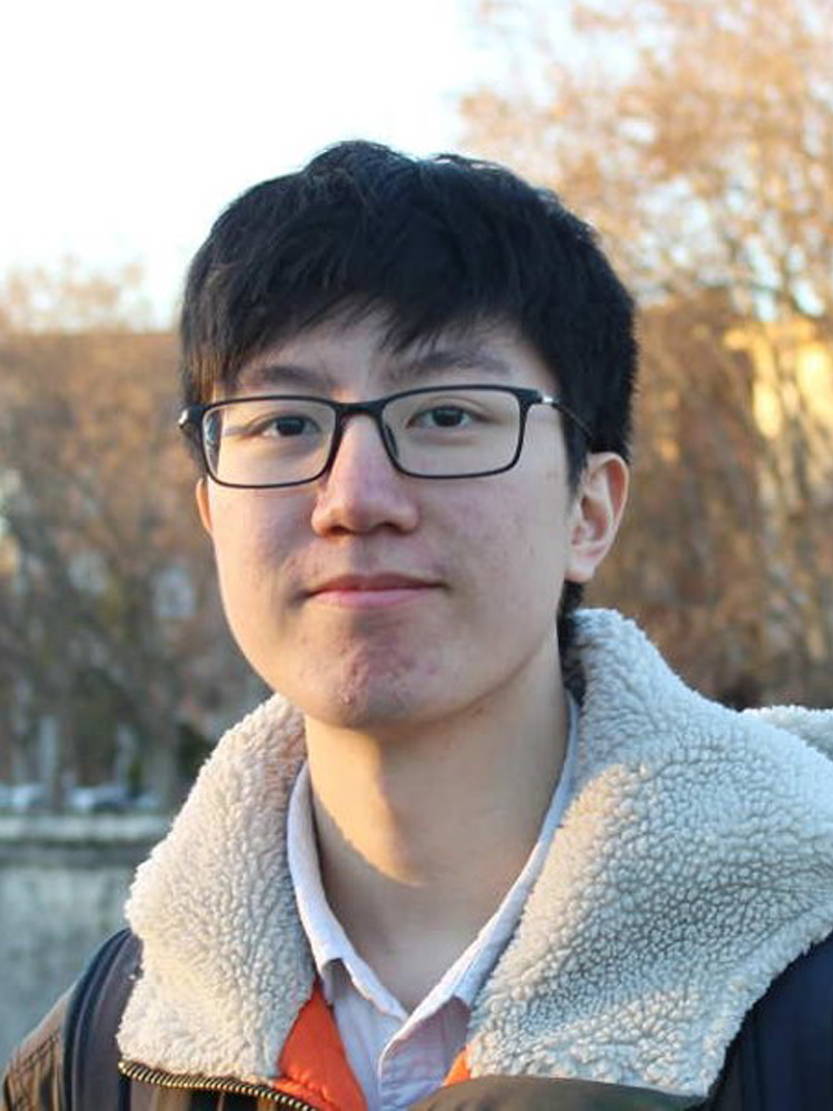 Lukas worked in the ISN lab as an undergraduate material science and engineering student at Imperial College London. In the lab, Lukas developed signal processing algorithms to understand and control brain activity. His long-term goal is to develop a fully functional brain-computer interface for prosthetics.
Lukas worked in the ISN lab as an undergraduate material science and engineering student at Imperial College London. In the lab, Lukas developed signal processing algorithms to understand and control brain activity. His long-term goal is to develop a fully functional brain-computer interface for prosthetics.
Shuler Xu
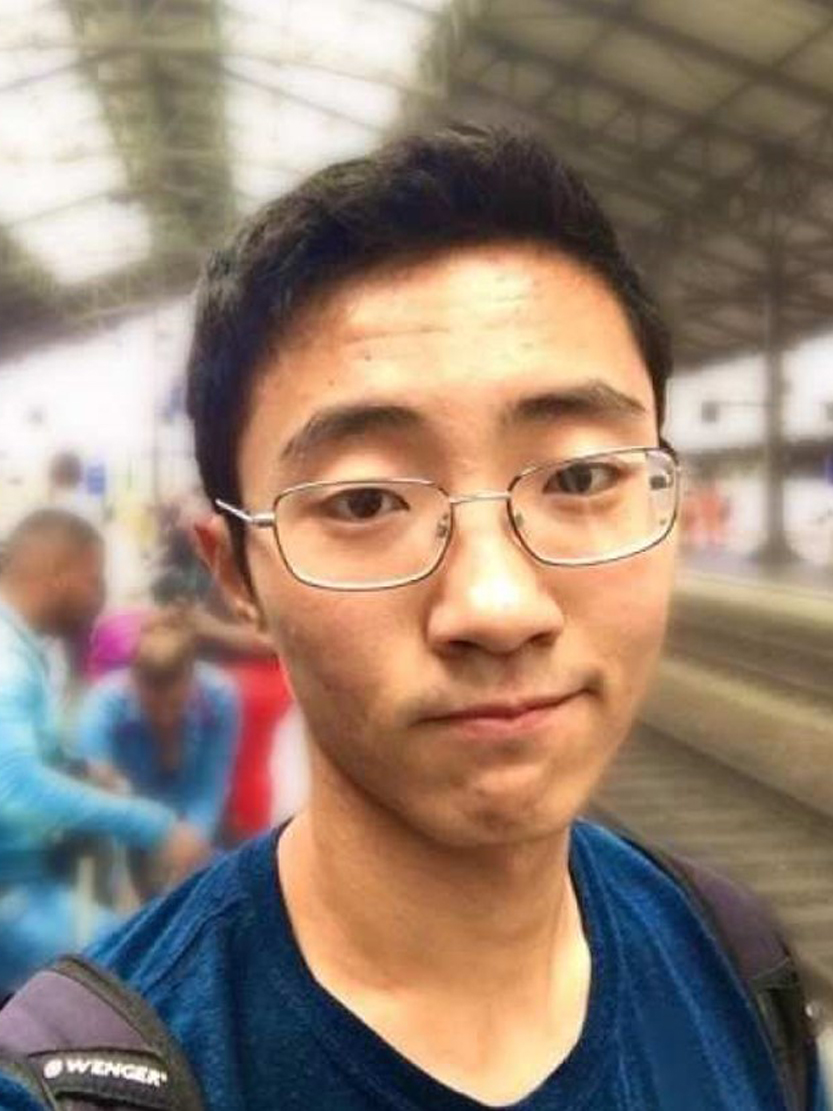 Shuler worked in the ISN lab as a 4th year medical student at University College London (UCL). In the lab, he used Finite Element Analysis (Sim4Life) to model brain stimulations and collaborated closely with Antonino Cassara from IT’IS, Zurich. He joined the lab while he was an intercalating biomedical engineering student (iBSc) at Imperial College London.
Shuler worked in the ISN lab as a 4th year medical student at University College London (UCL). In the lab, he used Finite Element Analysis (Sim4Life) to model brain stimulations and collaborated closely with Antonino Cassara from IT’IS, Zurich. He joined the lab while he was an intercalating biomedical engineering student (iBSc) at Imperial College London.
Rifkat Zaydullin
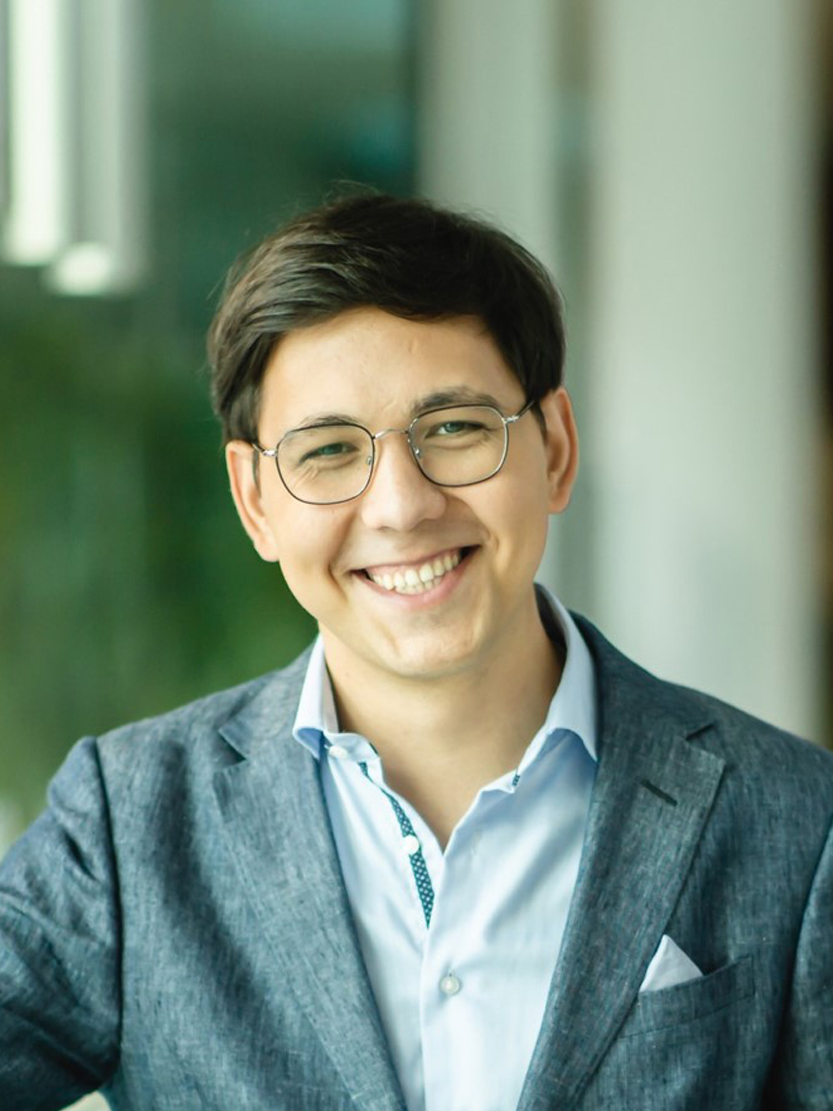 Rifkat worked with the ISN lab as part of his MSc project in the department of Physics at Imperial College London. The aim of his research was to develop a stimulation strategy that improves the spatial resolution of temporal interference (TI). Specially, by extending the principle of TI from two to an arbitrary number of stimulating signals.
Rifkat worked with the ISN lab as part of his MSc project in the department of Physics at Imperial College London. The aim of his research was to develop a stimulation strategy that improves the spatial resolution of temporal interference (TI). Specially, by extending the principle of TI from two to an arbitrary number of stimulating signals.
Tatiana Georgiades
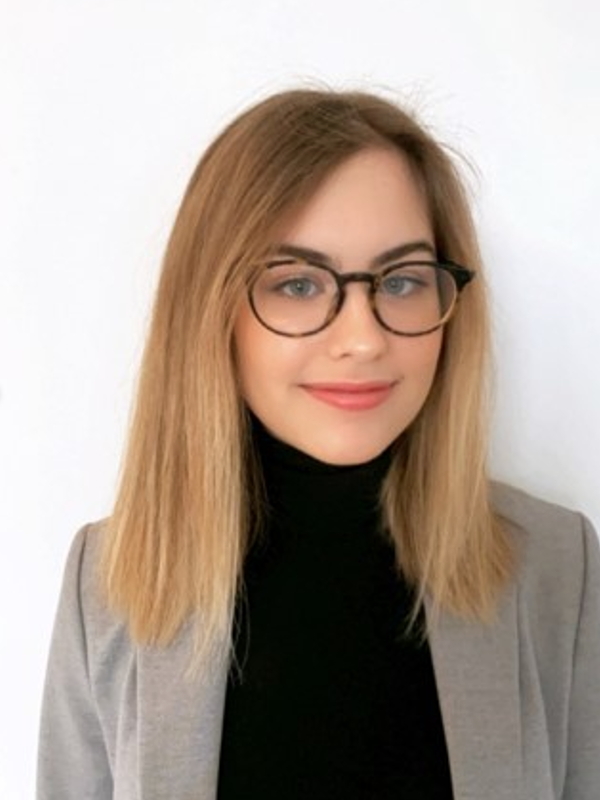 Tatiana completed her BSc in Medical Biosciences at Imperial College London. During her bachelor's thesis project in the ISN lab, she investigated the effects of bioelectronic modulation of in vitro microglial cultures, using alternating current electric field stimulation
Tatiana completed her BSc in Medical Biosciences at Imperial College London. During her bachelor's thesis project in the ISN lab, she investigated the effects of bioelectronic modulation of in vitro microglial cultures, using alternating current electric field stimulation
Dr Charlotte Luff
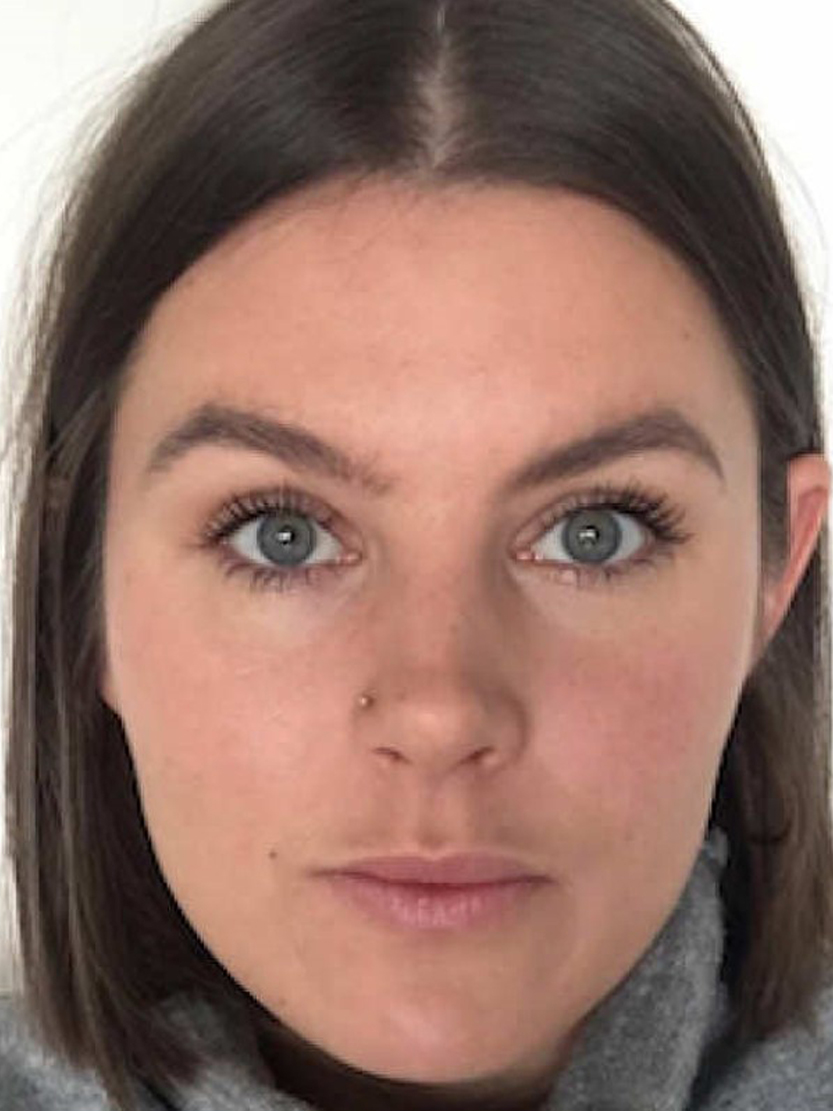 Charlotte recently completed her MRC-funded PhD in the ISN lab. Her interests lie in the brain phenomena underpinning the interventional strategies developed in the lab, and her research focuses on uncovering the biophysical mechanism of temporal interference brain stimulation, primarily using electrophysiology and computational modelling. During her PhD, Charlotte spent a year as a visiting PhD student in Professor Ed Boyden’s lab at MIT, where she was trained in automated in-vivo patch clamp. Previously, Charlotte completed a BSc in Biomedical Science at King’s College London, and an MRes in Experimental Neuroscience at Imperial College London. Outside of the lab, Charlotte will most likely be found outside in nature, where she enjoys hiking, canoeing, surfing and bouldering.
Charlotte recently completed her MRC-funded PhD in the ISN lab. Her interests lie in the brain phenomena underpinning the interventional strategies developed in the lab, and her research focuses on uncovering the biophysical mechanism of temporal interference brain stimulation, primarily using electrophysiology and computational modelling. During her PhD, Charlotte spent a year as a visiting PhD student in Professor Ed Boyden’s lab at MIT, where she was trained in automated in-vivo patch clamp. Previously, Charlotte completed a BSc in Biomedical Science at King’s College London, and an MRes in Experimental Neuroscience at Imperial College London. Outside of the lab, Charlotte will most likely be found outside in nature, where she enjoys hiking, canoeing, surfing and bouldering.
Email: c.luff16@imperial.ac.uk
Twitter: @charlotteluff
Evelyn Martin
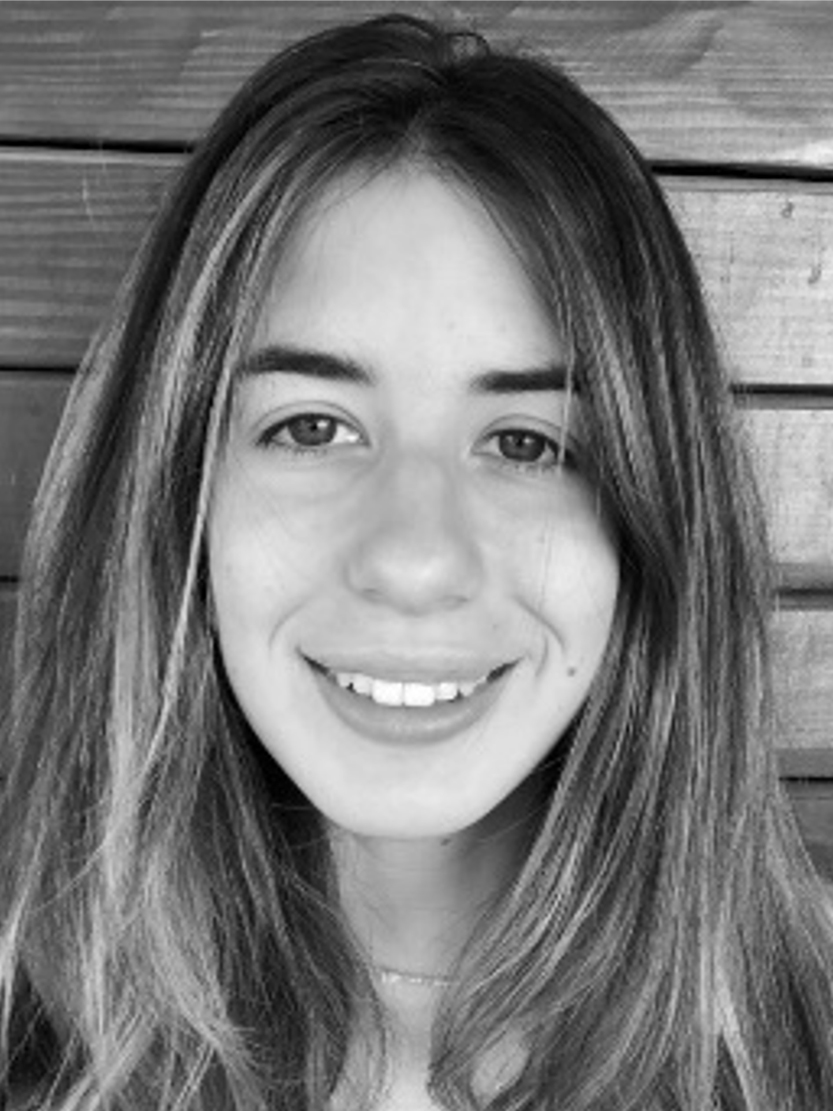 Evelyn worked as a research assistant in the ISN lab leading the recruitment, screening of volunteers and delivery of TI stimulation in the clinical study of TI in Alzheimer's disease patients.
Evelyn worked as a research assistant in the ISN lab leading the recruitment, screening of volunteers and delivery of TI stimulation in the clinical study of TI in Alzheimer's disease patients.
Marianna Papageorgopoulou
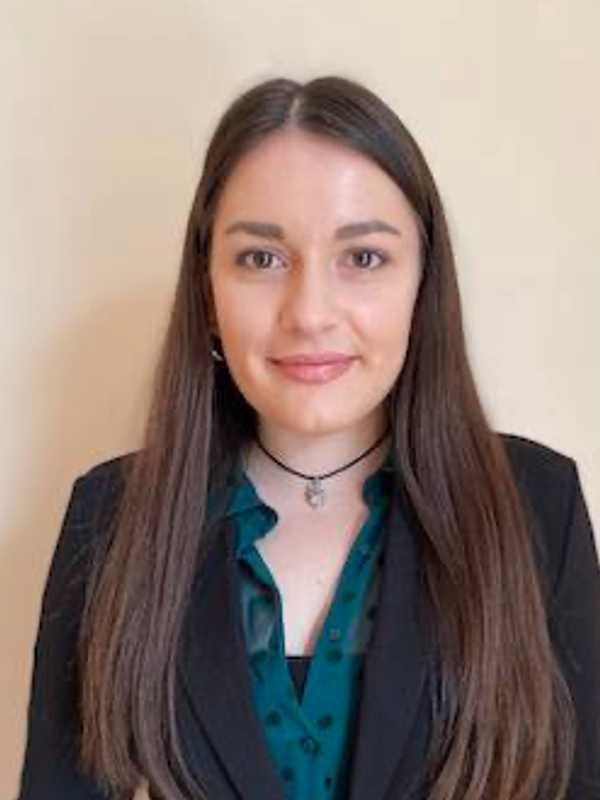 Marianna studied Biomedical Science BSc at King’s College London. She is an MSc Translational Neuroscience student conducting research on higher order frequenyinteractions following neuromodulation in humans.
Marianna studied Biomedical Science BSc at King’s College London. She is an MSc Translational Neuroscience student conducting research on higher order frequenyinteractions following neuromodulation in humans.
Yuval Gal Shohet
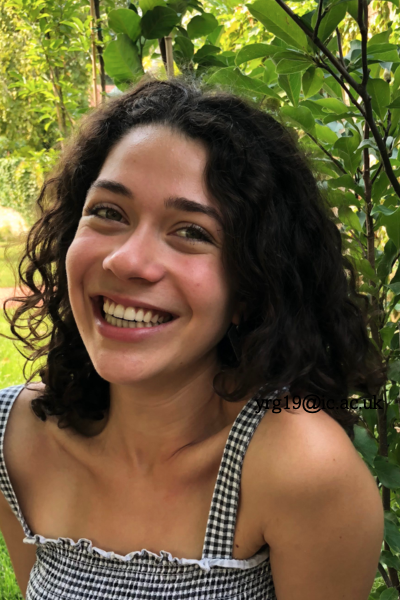 Yuval joined the ISN lab as a MSc Translational Neuroscience student and worked in the ISN lab as a research assistant on multiple projects to develop closed-loop interventions for people with dementia. She helped explore how neurostimulation techniques could be used to selectively engage brain networks and optimise cognitive processing in patients suffering from dementia.
Yuval joined the ISN lab as a MSc Translational Neuroscience student and worked in the ISN lab as a research assistant on multiple projects to develop closed-loop interventions for people with dementia. She helped explore how neurostimulation techniques could be used to selectively engage brain networks and optimise cognitive processing in patients suffering from dementia.
Marcelina Wojewska
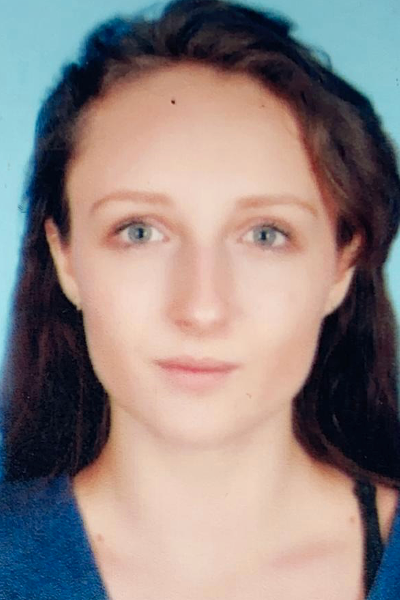 Marcelina worked in the ISN lab on a project investigating whether temporal interference can ameliorate Alzheimer’s disease related-neuropathology in-vivo. Her research mainly involved using immunohistochemistry and biochemical assays to assess changes in amyloid-beta pathology, immune response, and other disease-related markers.
Marcelina worked in the ISN lab on a project investigating whether temporal interference can ameliorate Alzheimer’s disease related-neuropathology in-vivo. Her research mainly involved using immunohistochemistry and biochemical assays to assess changes in amyloid-beta pathology, immune response, and other disease-related markers.
Julia Borella
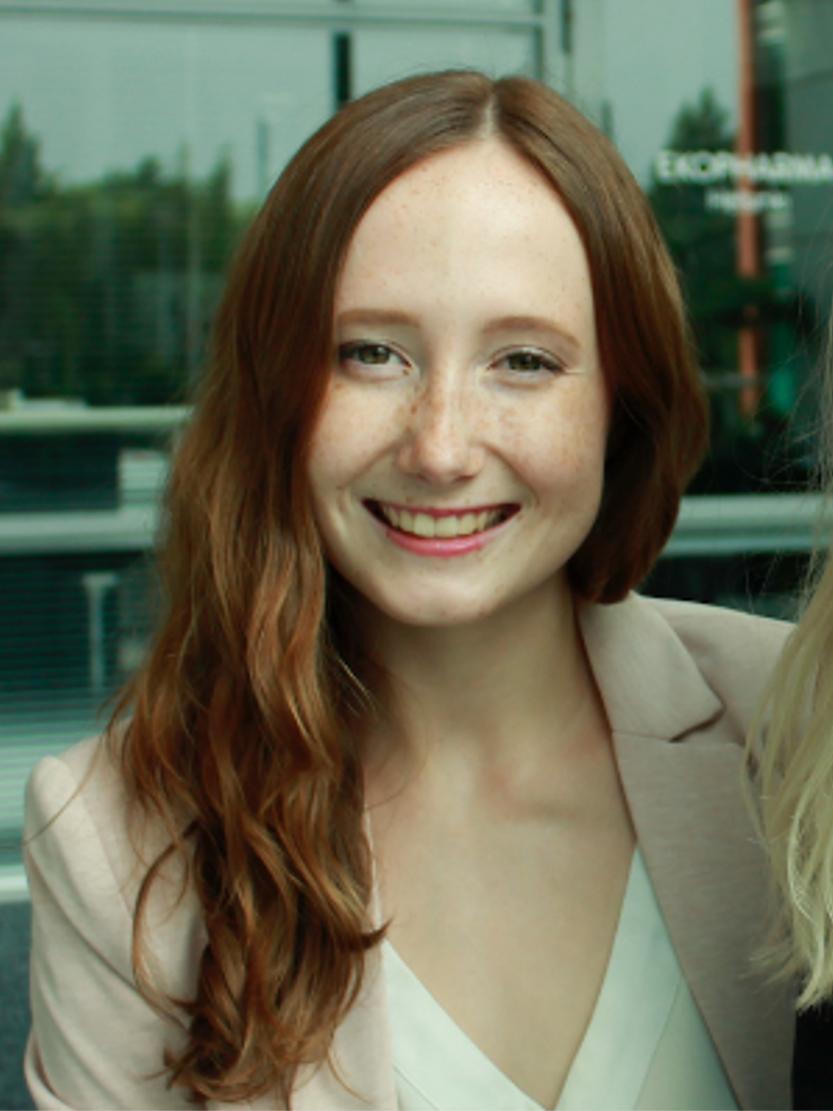
Julia worked as a research assistant in the ISN lab, investigating the use of TI stimulation in patients with Alzheimer's disease. On this project she led the recruitment and screening of volunteers and delivery of TI intervention and cognitive assessments. Julia is a graduate from the MSc in Translational Neuroscience at Imperial College London and previously completed a BSc in Biomedical Sciences at the University of Edinburgh.
Twitter: @BorellaJulia
Anastasia Ilina
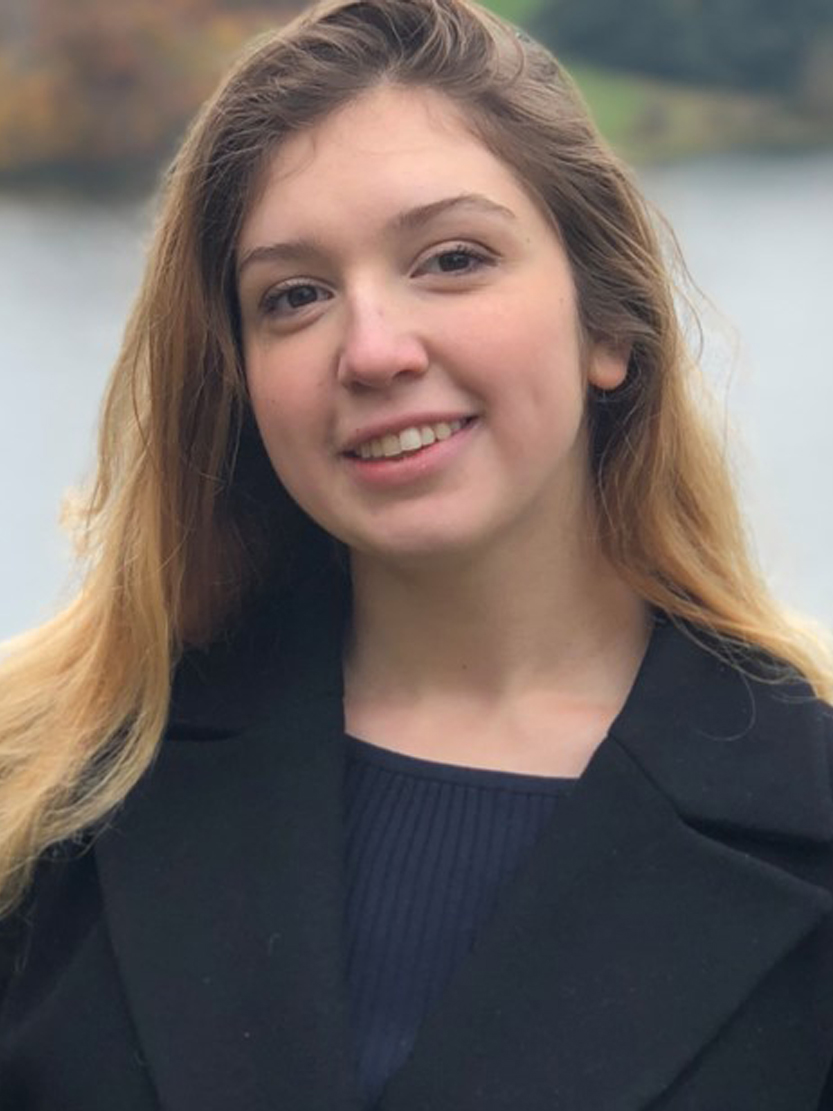 Anastasia was a Research Assistant at the ISN Lab, focusing on AI and data science approaches for the analysis of neurophysiological and behavioural data. In particular, her work was focused on developing advanced deep learning and machine learning models, as well as statistical and dynamical systems approaches, for analysing EEG data to understand the transition between sleep and wakefulness and to predict such transitions. Previously, Anastasia completed an MSc in Artificial Intelligence and an MSc in Translational Neuroscience, both at Imperial College London. She conducted research jointly at the ISN Lab and Dr Pedro Mediano's lab in the Department of Computing. She also completed a BSc in Neuroscience at University College London. As a part of her BSc research project, she worked at Michael Hausser's Neural Computation Lab, where she assessed the hierarchical organisation of visual information processing in mice using an all-optical approach.
Anastasia was a Research Assistant at the ISN Lab, focusing on AI and data science approaches for the analysis of neurophysiological and behavioural data. In particular, her work was focused on developing advanced deep learning and machine learning models, as well as statistical and dynamical systems approaches, for analysing EEG data to understand the transition between sleep and wakefulness and to predict such transitions. Previously, Anastasia completed an MSc in Artificial Intelligence and an MSc in Translational Neuroscience, both at Imperial College London. She conducted research jointly at the ISN Lab and Dr Pedro Mediano's lab in the Department of Computing. She also completed a BSc in Neuroscience at University College London. As a part of her BSc research project, she worked at Michael Hausser's Neural Computation Lab, where she assessed the hierarchical organisation of visual information processing in mice using an all-optical approach.
General enquiries
Dr Nir Grossman
Senior Lecturer in Dementia Research and Group Leader at the UK DRI
nirg@imperial.ac.uk
+44 (0)20 7594 6805
